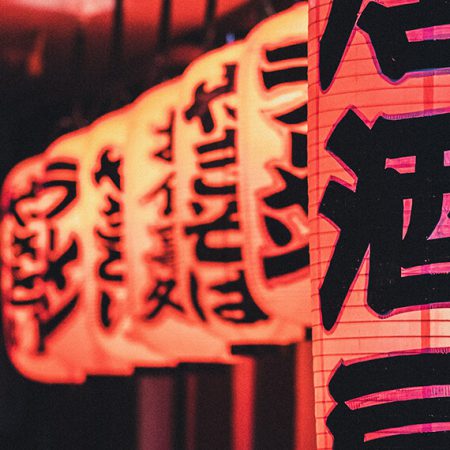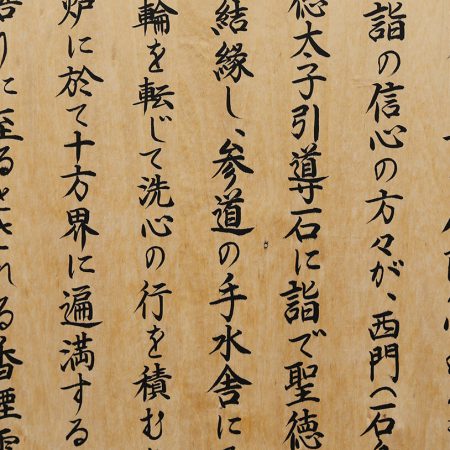Realistic everyday conversation from zero Japanese -this is my experience-

Years and years of studying the Japanese language could still leave you tense when you’re finally face-to-face with a native Japanese speaker. Of course, you have already spent time and effort in learning how to speak in Japanese, but fluency takes time and lots of practice. Listening to people talk is one thing, but being on the other end of the line is different. What is it really like to converse in Japanese?
Table of contents
Live in Japan: Having Real-life Japanese Conversations

The English language is part of the Japanese educational system’s curriculum, but its usage is mostly limited in school. This poses a challenge for foreigners to really exercise their Japanese language skills when living in Japan. While you’re very much enthusiastic in writing and speaking in Japanese, it’s normal to still feel apprehensive. After all, it’s a lot different from your mother tongue!
Still, the first step is yours for the taking. You can start by learning the commonalities between the way Japanese speakers communicate and identify what you can do to adapt. Here are a few things you could expect when you find yourself in a conversation with a Japanese native:
You will sound awkward at first

Speaking in a new language is naturally challenging at first. You have to continually practice your pronunciation, diction, vocabulary, and sentence construction. So if you hear yourself and think that you sound awkward, it’s totally fine! Besides, the best way to improve is to know what should be improved first.
Watching Japanese movies and anime series, or listening to Japanese songs and real-life conversations are helpful. Make use of the available language apps online, too. You can try to imitate how the speakers talk, for starters. But there’s no better way to overcome the awkwardness than to be in a conversation yourself. Native speakers will completely understand, so do your best to fight off the hesitance!
Natives might answer you in English

Photo by michele261 on Flickr
Once you’re 100% determined to practice your Japanese speaking skills, start a conversation yourself. But since the Japanese are known for being polite, they might answer you in English instead! It could be frustrating, but it really happens. It just goes to show that both are willing to get over the language barrier.
Practicing with a buddy or a group of friends is ideal. Inform each other of your goals, and kindly request them to speak to you in Japanese. Slowly teach yourself to say everything in Japanese as well, and only use the English language as necessary. This way, you can start feeling more comfortable with the new language.
Lots of interjections

One clear distinction between a Japanese conversation from an English conversation is the frequent use of interjections. You might converse with a Japanese native and immediately notice how often they nod and let out various expressions such as “Hai,” “Ee,” and “Un.” These interjections are called aizuchi(相槌).
Be careful in mistaking these interjections as a “yes” or a “no.” They’re simply used to show that the person you’re talking to is attentively listening to everything you’re saying. You could translate these interjections as how some people frequently say “Uh-huh” or “I see” in English. When you get used to it, you will also eventually learn when to use them!
It is like playing catch
As mentioned earlier, the Japanese are known as polite people. And this can also be seen (or heard) in the way they converse. If you are more accustomed to cutting a person’s sentence during a conversation, you will have to stop yourself from doing so when talking to a Japanese person. Just like playing catch, both of you will have to wait for your turn to speak up.
In Japan, listening is a sign of respect. Letting someone finish their sentence means you are welcoming everything they have to say, so you can expect a Japanese person to nod a lot and allow you to finish talking before they respond. With this, you are also more likely to start a conversation and not them!
Read between the lines

A lot of foreigners who live in Japan agree that communicating with the Japanese requires a lot of reading between the lines. Yes, some Japanese people avoid upfront conversations! The Japanese always make sure to maintain wa(和)or “harmony.” With this, ambiguity is used as a weapon in avoiding conflicts and promoting teamwork.
In a more advanced real-life Japanese conversation, you might have to guess what the other person is really trying to tell you. Because they are polite, they reject or refuse requests with an indirect “No.” With this, it’s possible to have a misunderstanding. You might need to hear 1 and understand 10! Which means you have to figure out what they really want to tell you. Well, knowing that you will need to read between the lines is a good start. From there, adjust and practice again!
Conclusion
Being in a real-life Japanese conversation can be overwhelming. Conversations in movies or anime seem so easy and natural, but it’s way different when you are in the situation. There’s no need to be hard on yourself! Now that you have an idea of what to expect when talking to a Japanese native, you are already one step ahead. Ask for help and practice nonstop. You’ll be fluent in time!
Motto Japan, the community platform to support foreigners with the foundation for life in Japan, including Japanese study, job opportunities, and housing service. Motto Japan Media will provide a wide variety of information for Japanese fans all over the world, to create a cross-cultural environment and enrich the life of foreign residents in Japan!














Leave a Reply